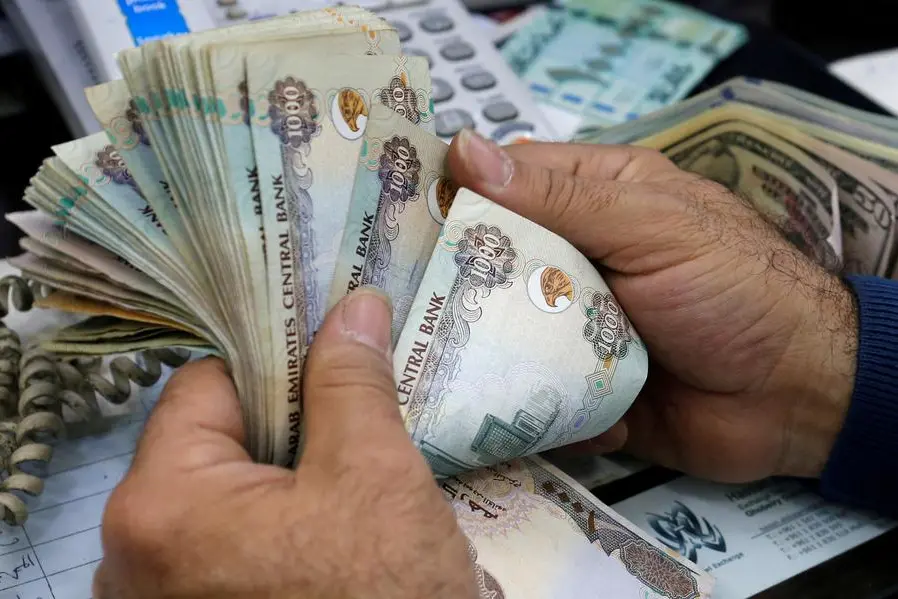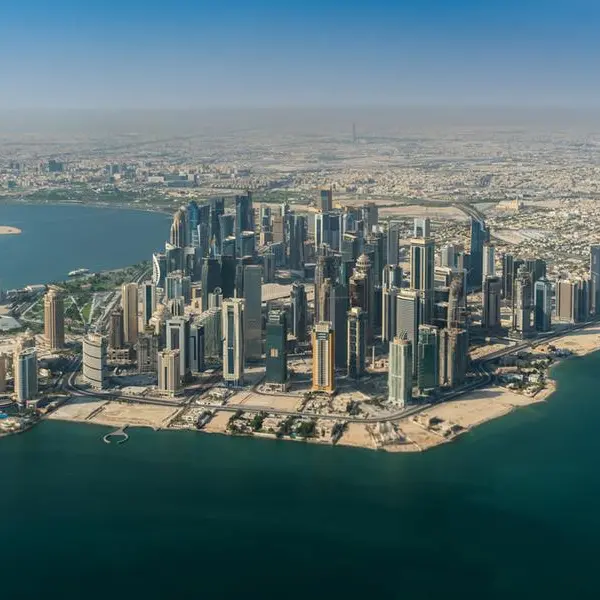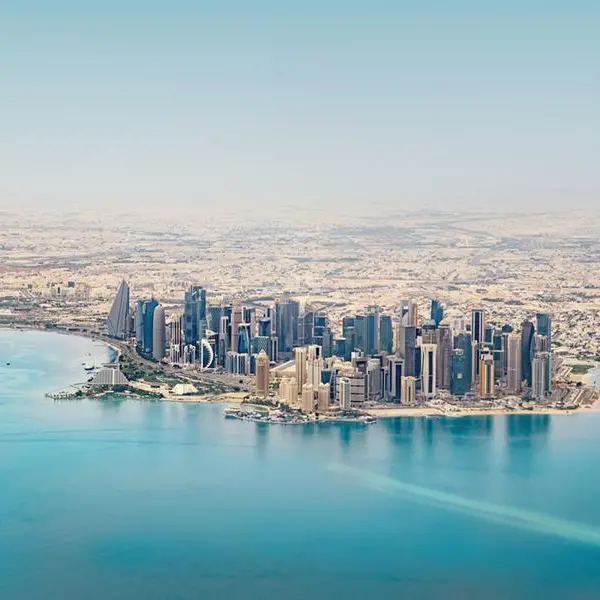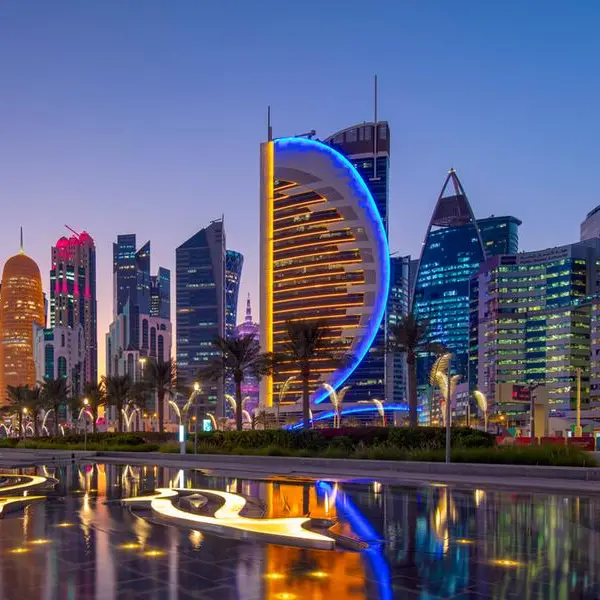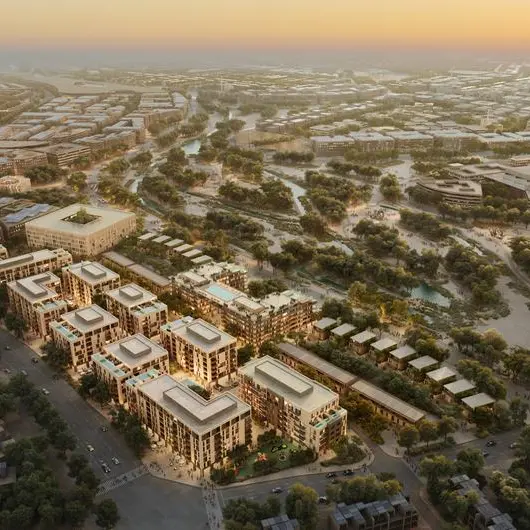PHOTO
Dr Thani bin Ahmed Al Zeyoudi, UAE Minister of State for Foreign Trade, has launched a new report on the importance of harnessing Foreign Direct Investment (FDI) to transform trade infrastructure and processes during the 13th Ministerial Conference (MC13) of the World Trade Organisation (WTO) in Abu Dhabi.
Titled “Investing in Global Trade Growth: Harnessing FDI for Driving Trade”, the report reviews the challenges that countries, particularly developing countries, face when seeking to build and maintain their trade infrastructure and proposes a framework to help them to address them. According to the report, many of these challenges are financial, with funding gaps inhibiting investment in transportation networks, logistics and warehousing facilities, customs and border-control functions and IT systems – all of which limit a nation’s private sector from participating fully in global trade.
The report cites research by the World Economic Forum that suggests a 10% improvement in infrastructure quality can lead to a 1% increase in GDP growth. Bringing down the costs of trade, and improving the transparency of trade processes, will also allow more SMEs, women-owned businesses and youth-led firms to tap into global markets.
Foreign direct investment channelled towards trade infrastructure can play a vital role. However, this endeavour, particularly in emerging and developing economies, comes with a myriad of challenges and risks, which deter investors. This includes financial risks such as corruption and currency fluctuations, political instability, a cumbersome regulatory environment, under-developed technological ecosystems, and environmental obstacles.
The report makes two major recommendations for governments looking to create the optimum environment for investment inflows. The first is a Framework for Trade Infrastructure, which would focus on providing a risk-mitigation mechanism for trade infrastructure, offering political risk insurance, credit enhancement, and guarantees for trade infrastructure projects, as well as technical assistance, capacity building and dispute resolution functions. This would promote FDI by boosting investor confidence and attracting a wider range of investors.
The second is the development collaboration Platform between international organizations that would promote FDI into trade infrastructure. This would leverage international trade organizations and their networks to conduct research, offer capacity building, knowledge and data sharing, advocacy and policy dialogue development.
Dr Thani Al Zeyoudi, who is also MC13 Chair, said the report was an important step in addressing trade infrastructure’s funding gap. “We cannot achieve inclusive, sustainable development without the contribution of private capital, especially in the development of critical trade infrastructure in developing nations. This report offers practical and timely guidance on how governments can best position their policies to channel it into pro-growth projects that leave no nation behind. I commend its findings to the global investment community and look forward to capital being mobilized and targeted into this vital sector.”
The report aligns with the central themes of the 13th WTO Ministerial Conference, the uppermost decision-making body of the WTO. Global trade ministers and senior officials from member and observing governments are gathering in Abu Dhabi between February 26-29 to review and refine the rules governing global trade. Its deliberations will build on the breakthroughs of MC12 in Geneva in June 2022, such as fisheries subsidies and e-commerce, while seeking to expand the benefits of trade to new nations and empower supply chains through the adoption of new technology.
